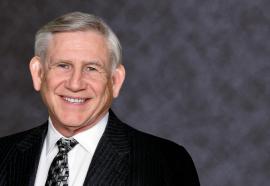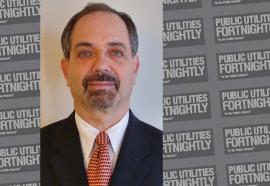Whale Tale
Transitions are Complex Affairs
It’s tempting to idealize how market forces shape the outcome of energy transitions. The truth is that many factors affect what happens and how fast. Notably, government policies play a greater role in shaping energy than most care to admit.










